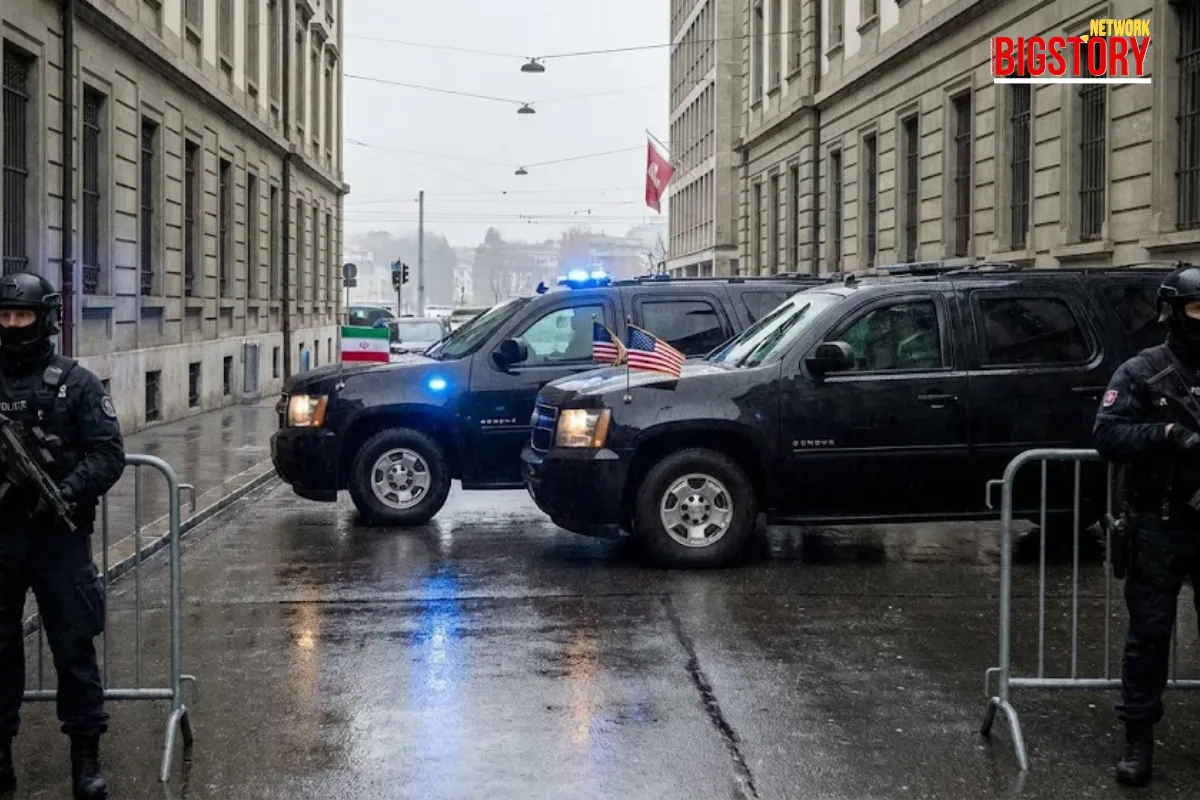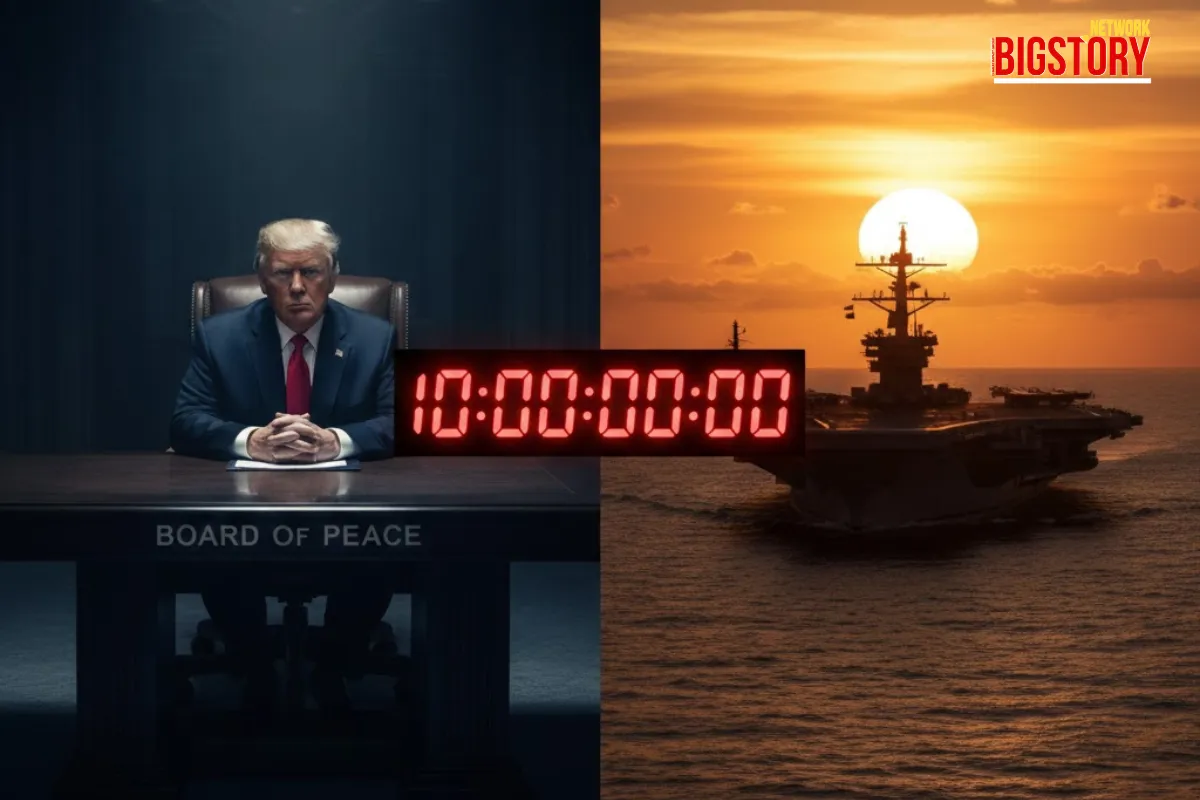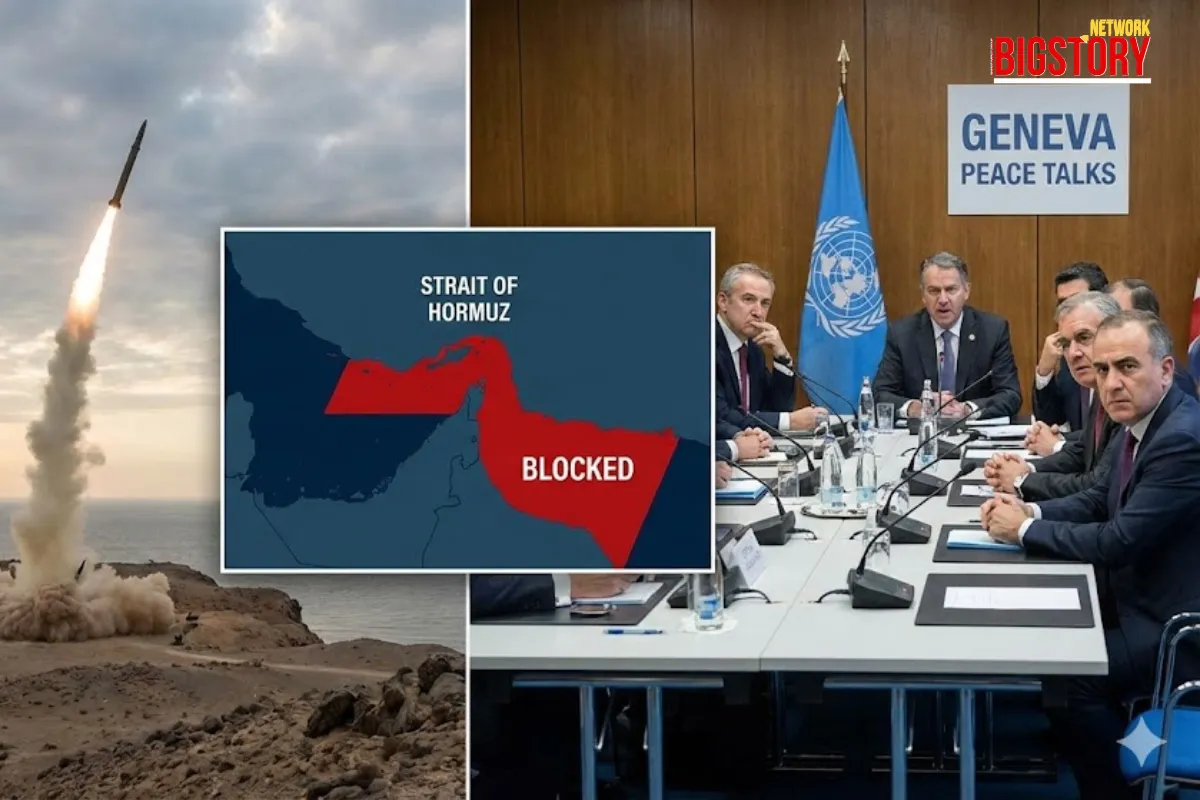Rubio meets China's Wang Yi in Malaysia amidst escalating US-China trade tensions, seeking cooperation despite tariff disputes.
 Sseema Giill
Sseema Giill
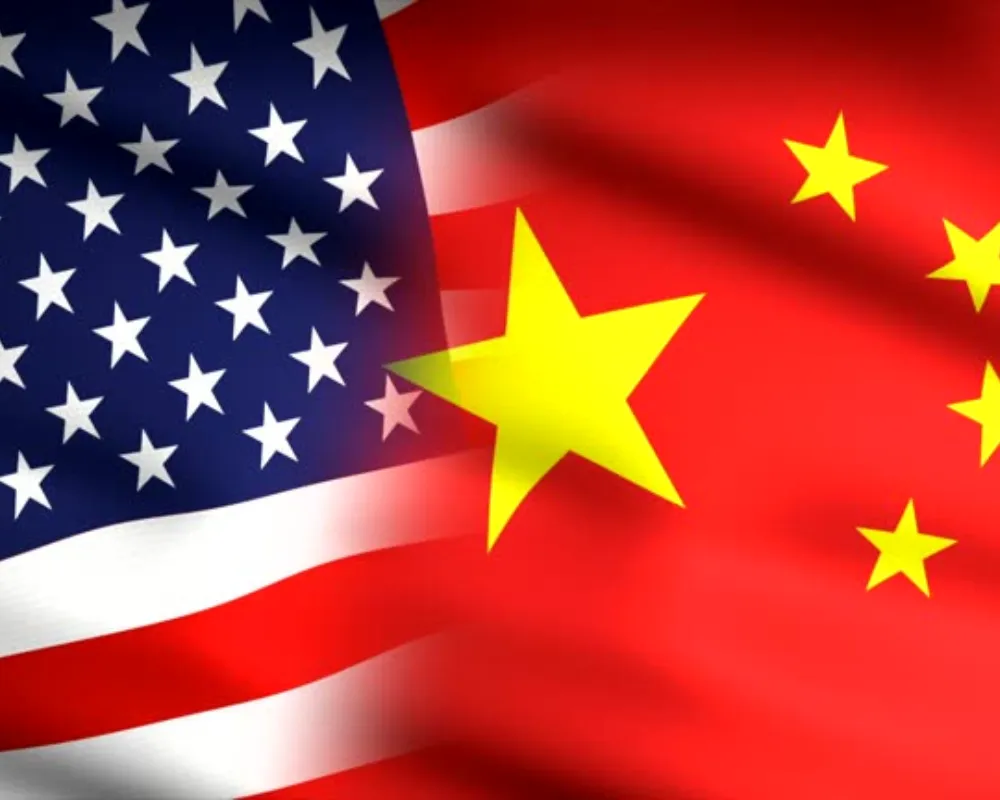
KUALA LUMPUR, MALAYSIA — U.S. Secretary of State Marco Rubio met with Chinese Foreign Minister Wang Yi in Kuala Lumpur on Friday, a high-stakes diplomatic encounter on the sidelines of the 58th ASEAN Foreign Ministers' meeting. The meeting, the first in-person dialogue between the top diplomats since President Donald Trump returned to office, took place against a backdrop of intensifying trade tensions and broader geopolitical rivalries between the two global powers.
Secretary Rubio described the talks as "constructive and positive," emphasizing the need for better communication and trust between Washington and Beijing. "Look, we're two big, powerful countries, and there are always going to be issues that we disagree on," Rubio told reporters after the hour-long discussion. He also expressed optimism about a potential meeting between President Trump and Chinese President Xi Jinping, noting a "strong desire on both sides to do it."
However, the cordial tone of the bilateral meeting could not entirely mask the deep-seated disagreements, particularly on trade. The meeting occurred just days after President Trump's administration escalated its "reciprocal tariff" policy, sending letters to over 20 countries, including China, warning of significantly higher import duties if new trade deals are not reached by August 1, 2025. China, already facing tariffs exceeding 100% on some goods, has until August 12 to negotiate a deal to avoid further escalation.
During the ASEAN summit, U.S. tariffs were a dominant concern among Southeast Asian nations. Wang Yi sharply criticized Washington's tariff drive, calling it "typical unilateral bullying behavior" that undermines the free trade system and deprives developing nations of their legitimate rights to development. He further warned that Beijing would "respond resolutely" to any moves by countries to align with Washington in efforts to cut China out of global supply chains.
Despite these sharp public critiques on trade, Secretary Rubio indicated that trade negotiations were not the primary focus of his meeting with Wang Yi. "I'm not the trade negotiator," he stated, suggesting that the talks concentrated on other potential areas of cooperation, such as regional security and managing differences. This approach aligns with the Biden administration's previous strategy of compartmentalizing aspects of the U.S.-China relationship.
Beyond trade, the broader strategic rivalry between the U.S. and China continues to simmer. Washington has consistently prioritized its commitment to the Indo-Pacific region, seeking to counter China's growing influence. Defense Secretary Pete Hegseth recently accused China of "credibly preparing to potentially use military force to alter the balance of power" in the Asia-Pacific, particularly concerning Taiwan. Chinese diplomats, in turn, have accused the U.S. of "playing with fire" on the Taiwan issue.
The meeting in Kuala Lumpur, therefore, served as a crucial diplomatic channel amidst a complex web of disputes. While both sides expressed a desire to manage differences and explore cooperation, the underlying tensions—especially those stemming from trade and geopolitical competition—underscore the ongoing challenges in stabilizing one of the world's most critical bilateral relationships. The path forward remains fraught with potential for escalation, even as dialogue continues.



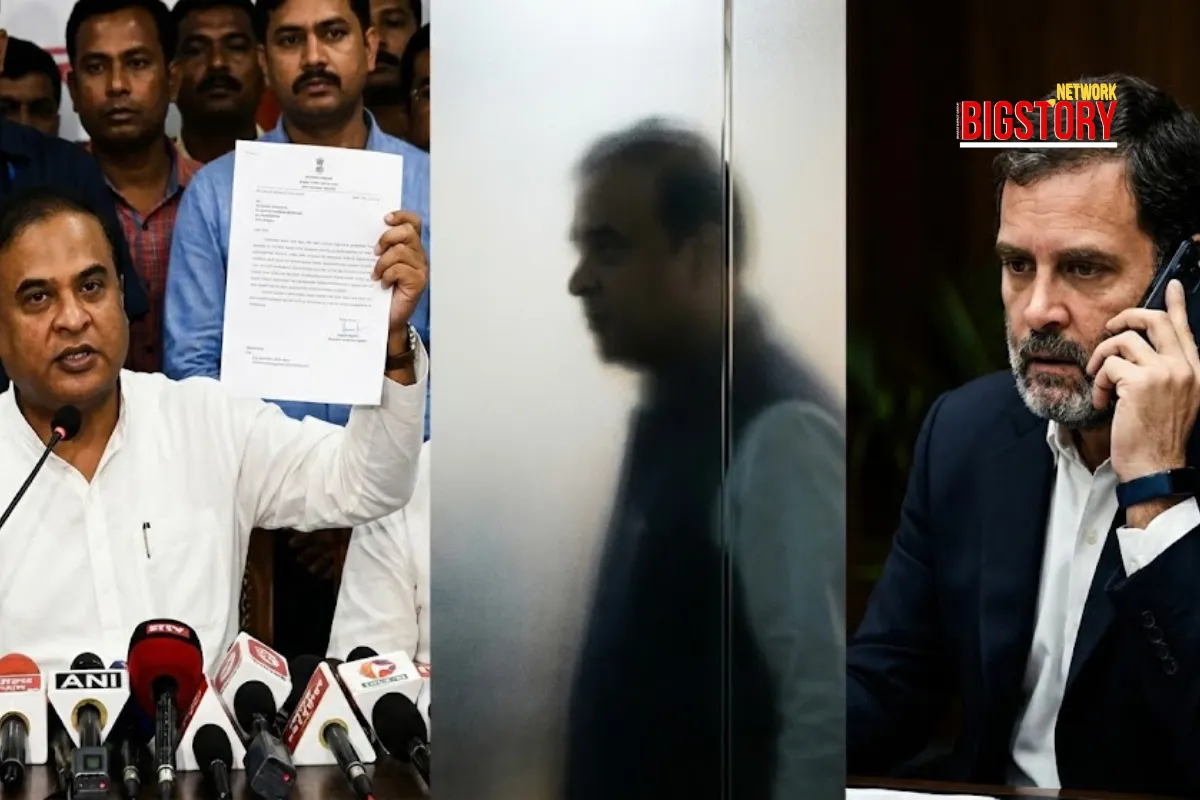


Sign up for the Daily newsletter to get your biggest stories, handpicked for you each day.
 Trending Now! in last 24hrs
Trending Now! in last 24hrs

